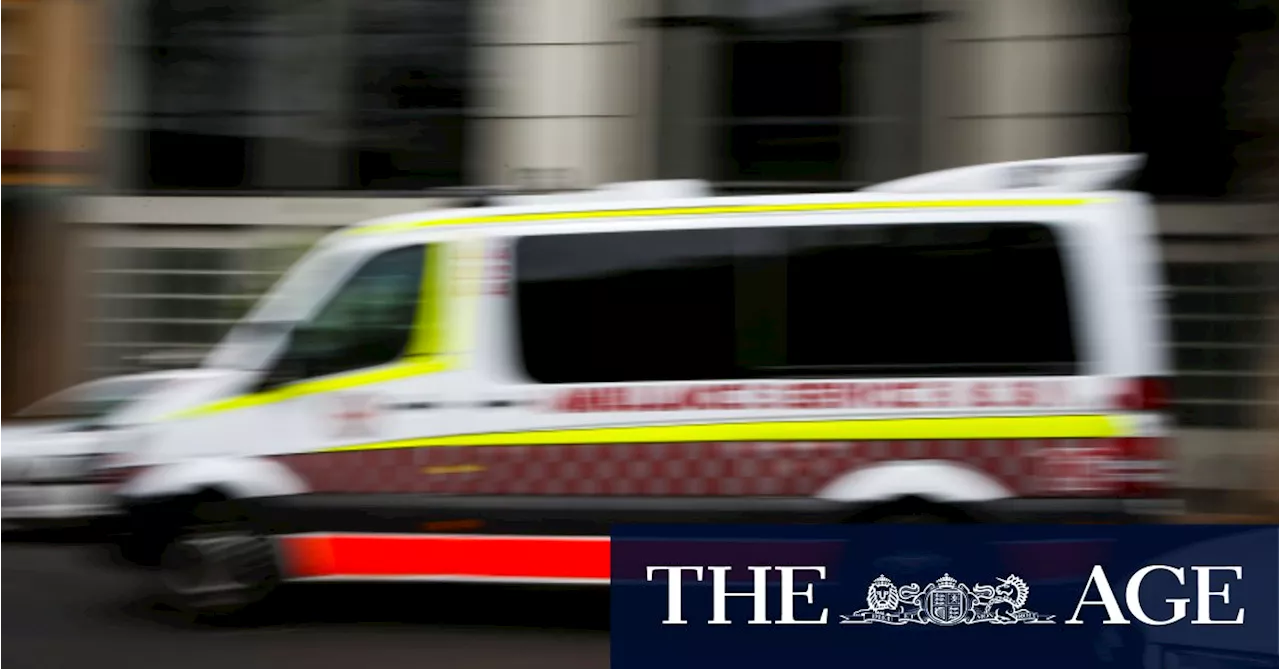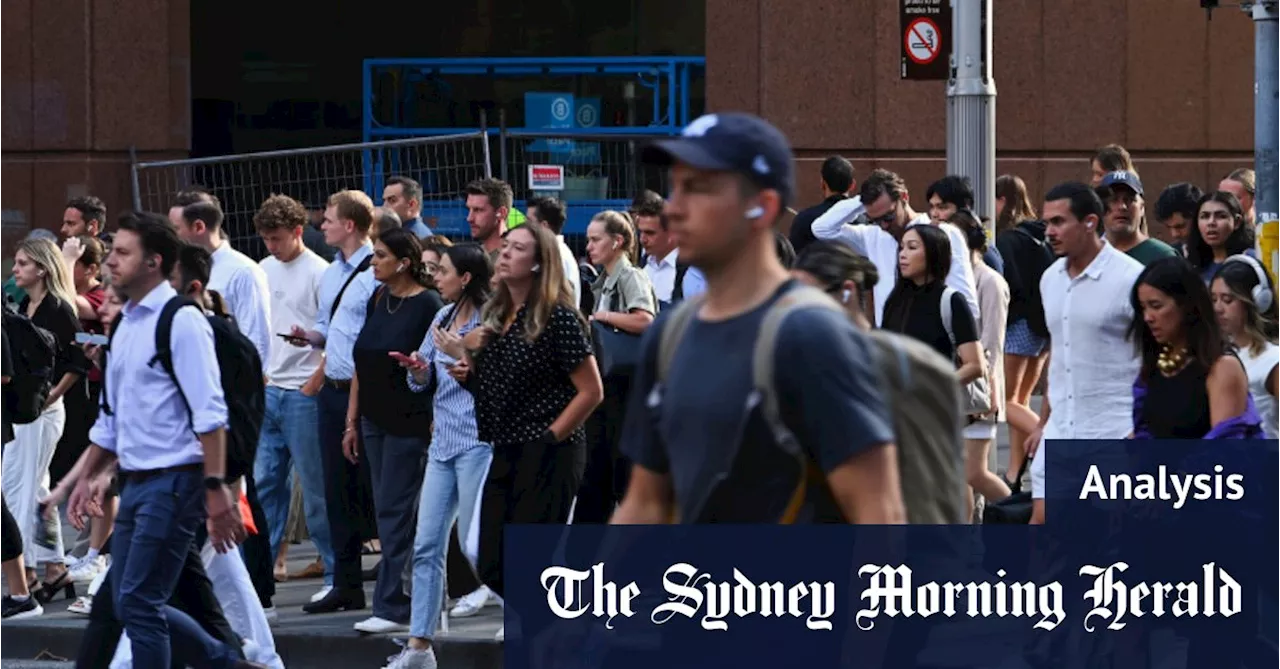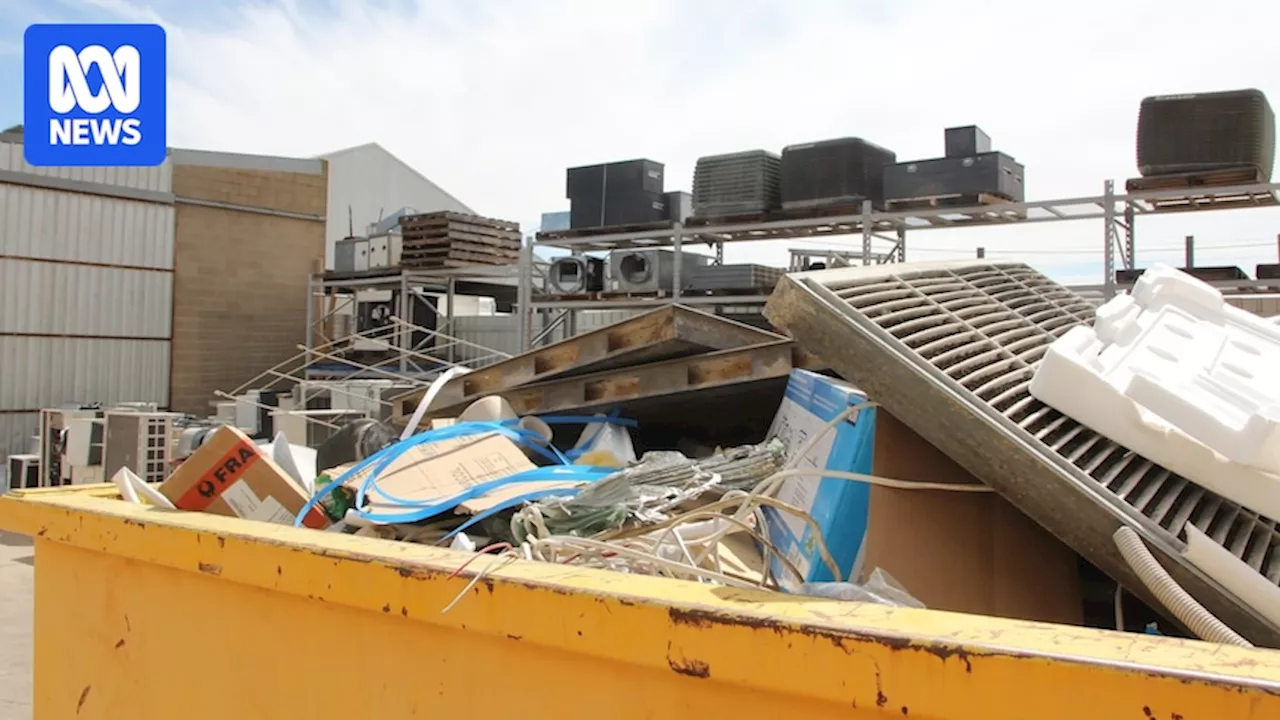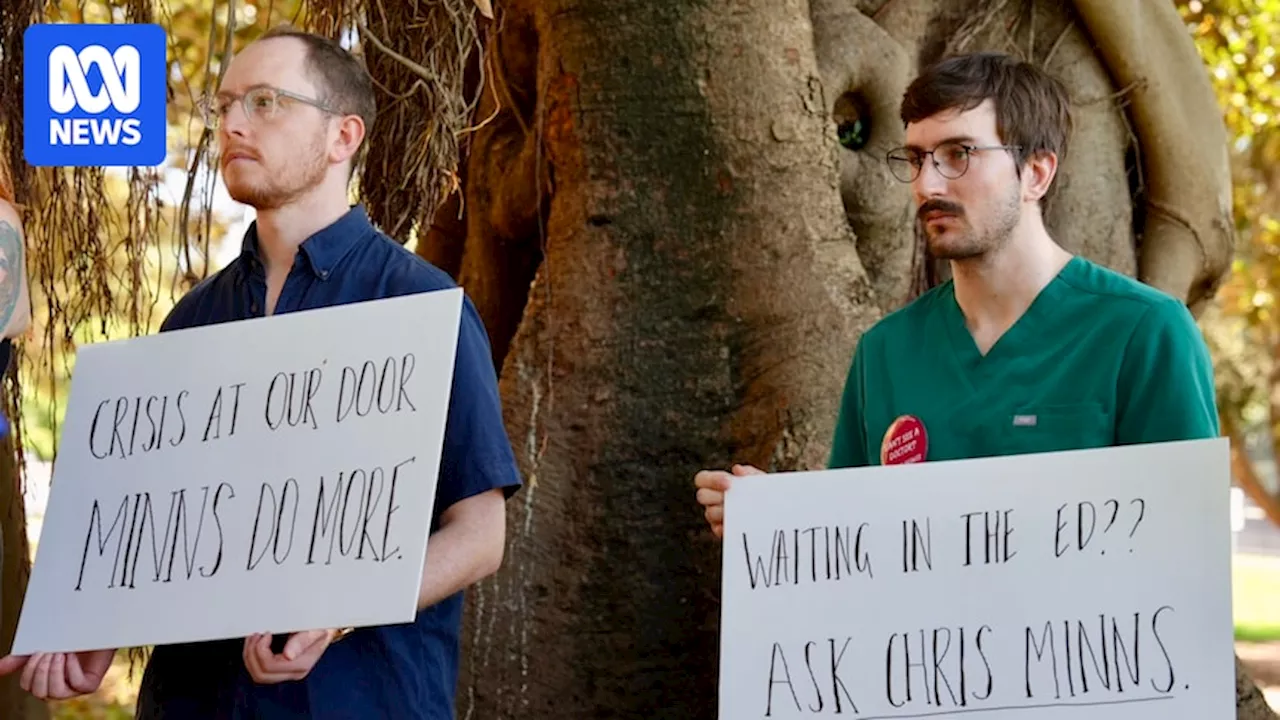Over 200 psychiatrists in NSW are planning to resign on January 21st due to pay disputes with the state government, leading to fears of 'apocalyptic' conditions in emergency departments. Doctors warn of a potential collapse in mental health services and a strain on emergency services as hospitals grapple with a shortage of psychiatrists.
NSW faces a potential healthcare crisis as over 200 psychiatrists plan to resign on January 21st due to ongoing disputes with the state government regarding pay and working conditions. The mass exodus of mental health professionals has sparked widespread concern among healthcare workers, who warn of 'apocalyptic' conditions in emergency departments if the resignations proceed.
Doctors fear that the lack of psychiatrists will overwhelm emergency departments, leading to significant delays in care for patients with both mental and physical health issues. Currently, more than 30 percent of psychiatrist positions in the public system are vacant, according to Minister for Mental Health Rose Jackson. This figure is expected to rise to around 80 percent following the planned resignations. The situation has left hospitals struggling to cope, with emergency departments already facing significant pressure.Chris Ryan, an adjunct professor at Notre Dame University and a clinical psychiatrist working in emergency departments, expresses deep concern about the potential impact on all patients seeking help at hospitals, not just those with mental health needs. He predicts that the emergency departments will quickly become overwhelmed with patients requiring mental health care, leaving no room for those with other serious medical conditions. Alexei Narushevich from the Australian Salaried Medical Officers Federation and an emergency physician in Sydney's west echoes these concerns, stating that the system is in a state of collapse.While the NSW government has offered temporary, high-paid contracts to private psychiatrists to fill the gaps, many healthcare professionals believe this is a temporary solution that fails to address the underlying issues. Dr. Narushevich argues that emergency doctors are already stretched thin and cannot be expected to take on the responsibilities of psychiatrists. He highlights the critical need for trained mental health professionals to ensure proper care and support for patients.Minister Jackson acknowledges the seriousness of the situation and confirms that talks will resume with psychiatrist representatives on Thursday in a final effort to avert the resignations. However, she emphasizes that the government is unable to meet the 25 percent pay increase demanded by psychiatrists who argue they are significantly underpaid compared to their interstate counterparts. Dr. Ryan suggests that the prolonged negotiations have damaged the relationship between psychiatrists and the government, making it difficult to find common ground. He fears that even if the government were to offer a more favorable deal, many psychiatrists might be unwilling to return after feeling so disregarded and undervalued.The potential mass resignations of psychiatrists in NSW pose a significant threat to the state's healthcare system, highlighting the critical need for investment in mental health services and fair compensation for healthcare professionals.
NSW Healthcare Psychiatrists Resignations Emergency Departments Mental Health Crisis Pay Disputes
Australia Latest News, Australia Headlines
Similar News:You can also read news stories similar to this one that we have collected from other news sources.
 NSW Psychiatry Crisis: ECT at Risk as 200 Doctors QuitHospitals in New South Wales are facing a severe mental health crisis as over 200 psychiatrists resign, threatening the availability of essential treatments like electroconvulsive therapy (ECT). The government's emergency response mirrors COVID-19 protocols, involving locum hiring and ambulance diversions.
NSW Psychiatry Crisis: ECT at Risk as 200 Doctors QuitHospitals in New South Wales are facing a severe mental health crisis as over 200 psychiatrists resign, threatening the availability of essential treatments like electroconvulsive therapy (ECT). The government's emergency response mirrors COVID-19 protocols, involving locum hiring and ambulance diversions.
Read more »
 200 NSW Psychiatrists to Resign, Threatening Mental Health SystemOver 200 psychiatrists in New South Wales, Australia, are resigning due to a pay dispute with the government. The Australian Salaried Medical Officers' Federation (Asmof) is demanding a 25% pay increase, citing a 30% gap compared to other states. The NSW government has offered a 10.5% increase, arguing that a larger raise would set a precedent for other medical specialists. The mass resignation, scheduled for January 21st, is feared to significantly impact the state's mental health system and leave vulnerable individuals without adequate care.
200 NSW Psychiatrists to Resign, Threatening Mental Health SystemOver 200 psychiatrists in New South Wales, Australia, are resigning due to a pay dispute with the government. The Australian Salaried Medical Officers' Federation (Asmof) is demanding a 25% pay increase, citing a 30% gap compared to other states. The NSW government has offered a 10.5% increase, arguing that a larger raise would set a precedent for other medical specialists. The mass resignation, scheduled for January 21st, is feared to significantly impact the state's mental health system and leave vulnerable individuals without adequate care.
Read more »
 Fears of mental health disaster as hundreds of psychiatrists quitAbout 200 psychiatrists are leaving the NSW public health system over a pay dispute.
Fears of mental health disaster as hundreds of psychiatrists quitAbout 200 psychiatrists are leaving the NSW public health system over a pay dispute.
Read more »
 Wildlife Carer Faces Animal Cruelty Charges in High-Profile NSW CaseTracy Dods, a WIRES volunteer, is facing criminal prosecution for allegedly failing to provide adequate veterinary care for a rescued kangaroo named Dolores. The case has sparked concern among wildlife carers across NSW who fear similar allegations being brought against them.
Wildlife Carer Faces Animal Cruelty Charges in High-Profile NSW CaseTracy Dods, a WIRES volunteer, is facing criminal prosecution for allegedly failing to provide adequate veterinary care for a rescued kangaroo named Dolores. The case has sparked concern among wildlife carers across NSW who fear similar allegations being brought against them.
Read more »
 NSW Economy Faces Slowest Growth in DecadesNSW is experiencing its two slowest years of economic growth in over three decades, driven by persistent cost-of-living pressures and weak consumer spending. The government predicts a meager 0.75% growth for the year ending June 2025, marking the weakest performance since 1991, excluding the COVID-19 pandemic.
NSW Economy Faces Slowest Growth in DecadesNSW is experiencing its two slowest years of economic growth in over three decades, driven by persistent cost-of-living pressures and weak consumer spending. The government predicts a meager 0.75% growth for the year ending June 2025, marking the weakest performance since 1991, excluding the COVID-19 pandemic.
Read more »
 Evaporative air conditioners in decline as NSW faces more humid weatherAs sticky summer days become more prevalent in parts of NSW, an air conditioner installer says evaporative coolers are being shunned in favour of refrigerative ones.
Evaporative air conditioners in decline as NSW faces more humid weatherAs sticky summer days become more prevalent in parts of NSW, an air conditioner installer says evaporative coolers are being shunned in favour of refrigerative ones.
Read more »
